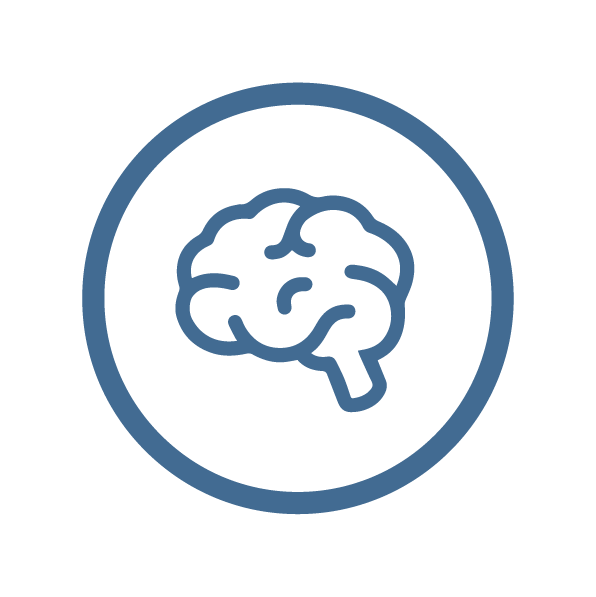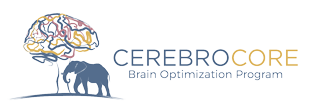SLEEP LEARNING & MEMORY
Sleep, learning, and memory are complex phenomena that are not entirely understood. However, animal, and human studies suggest that the quantity and quality of sleep have a profound impact on learning and memory. Research suggests that sleep helps learning and memory in two distinct ways. First, a sleep-deprived person cannot focus attention optimally and therefore cannot learn efficiently. Second, sleep itself has a role in the consolidation of memory, which is essential for learning new information.
Although the exact mechanisms are not known, learning and memory are often described in terms of three functions.

ACQUISITION
refers to the introduction of new information into the brain

CONSOLIDATION
represents the processes by which a memory becomes stable

RECALL
refers to the ability to access the information (whether consciously or unconsciously) after it has been stored
Each of these steps is necessary for proper memory function. Acquisition and recall occur only during wakefulness, but research suggests that memory consolidation takes place during sleep through the strengthening of the neural connections that form our memories. Although there is no consensus about how sleep makes this process possible, many researchers think that specific characteristics of brainwaves during different stages of sleep are associated with the formation of particular types of memory.
When you learn something new, the best way to remember it is to sleep on it. That’s because sleeping helps strengthen memories you’ve formed throughout the day. It also helps to link new memories to earlier ones. You might even come up with creative new ideas while you slumber.
Scientists and researchers have studied the relationship between memory and sleep for more than 100 years. The general consensus today is that memory consolidation – the process of preserving key memories and discarding excessive information – takes place during both the non-rapid eye movement (NREM) and rapid eye movement (REM) stages of your sleep cycle.
What happens to memories in your brain while you sleep? And how does lack of sleep affect your ability to learn and remember? NIH-funded scientists have been gathering clues about the complex relationship between sleep and memory. “We’ve learned that sleep before learning helps prepare your brain for initial formation of memories,” says Dr. Matthew Walker, a sleep scientist at the University of California, Berkeley. “And then, sleep after learning is essential to help save and cement that new information into the architecture of the brain, meaning that you’re less likely to forget it.”
